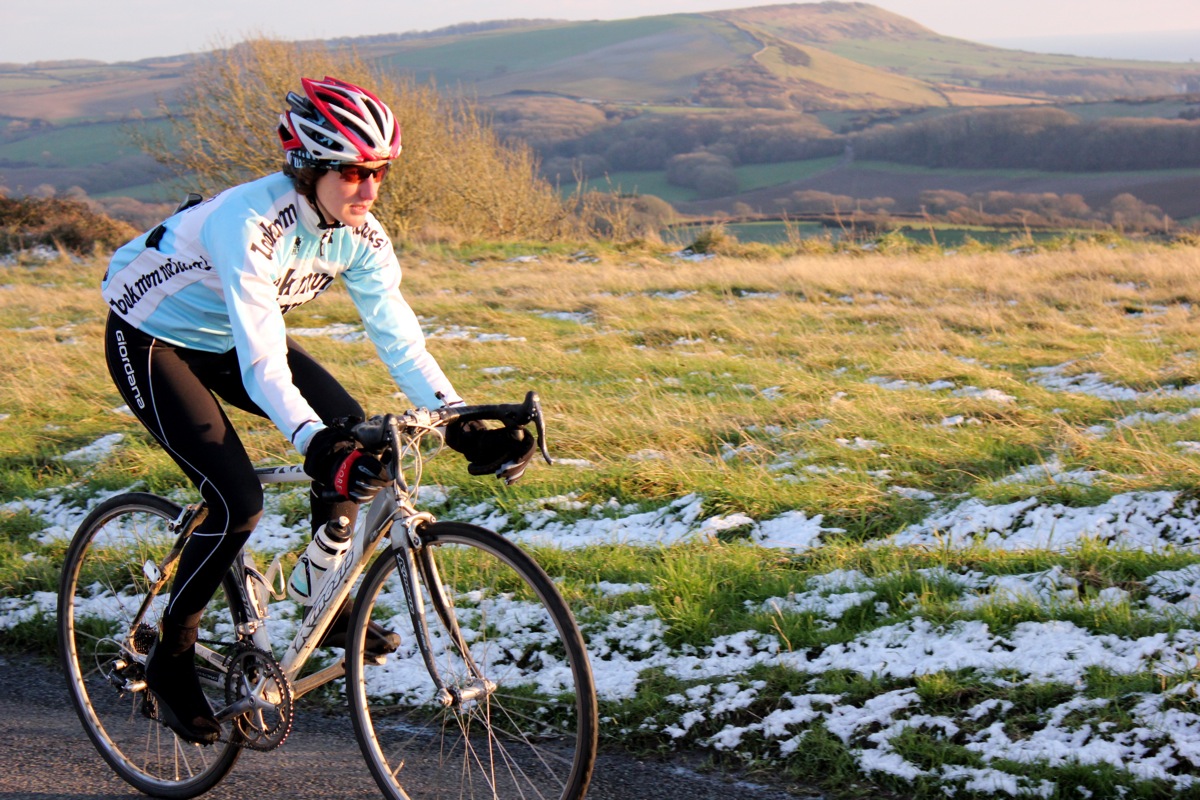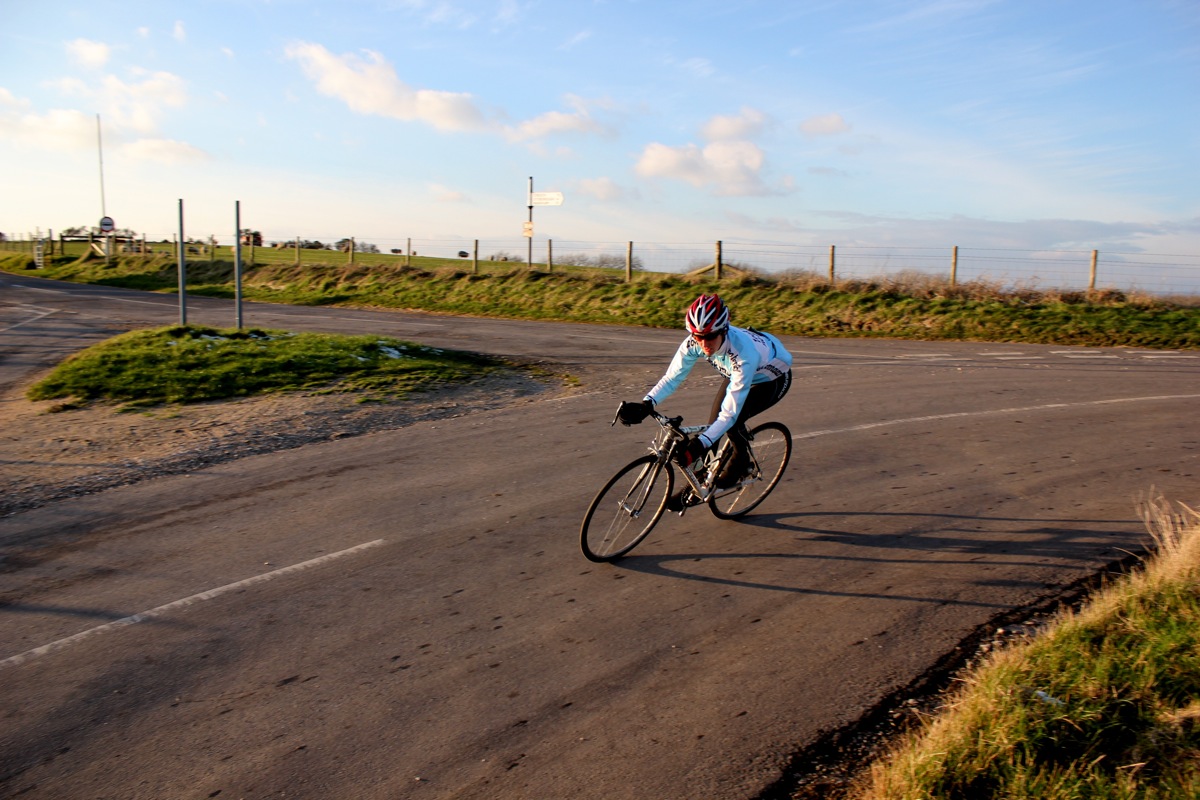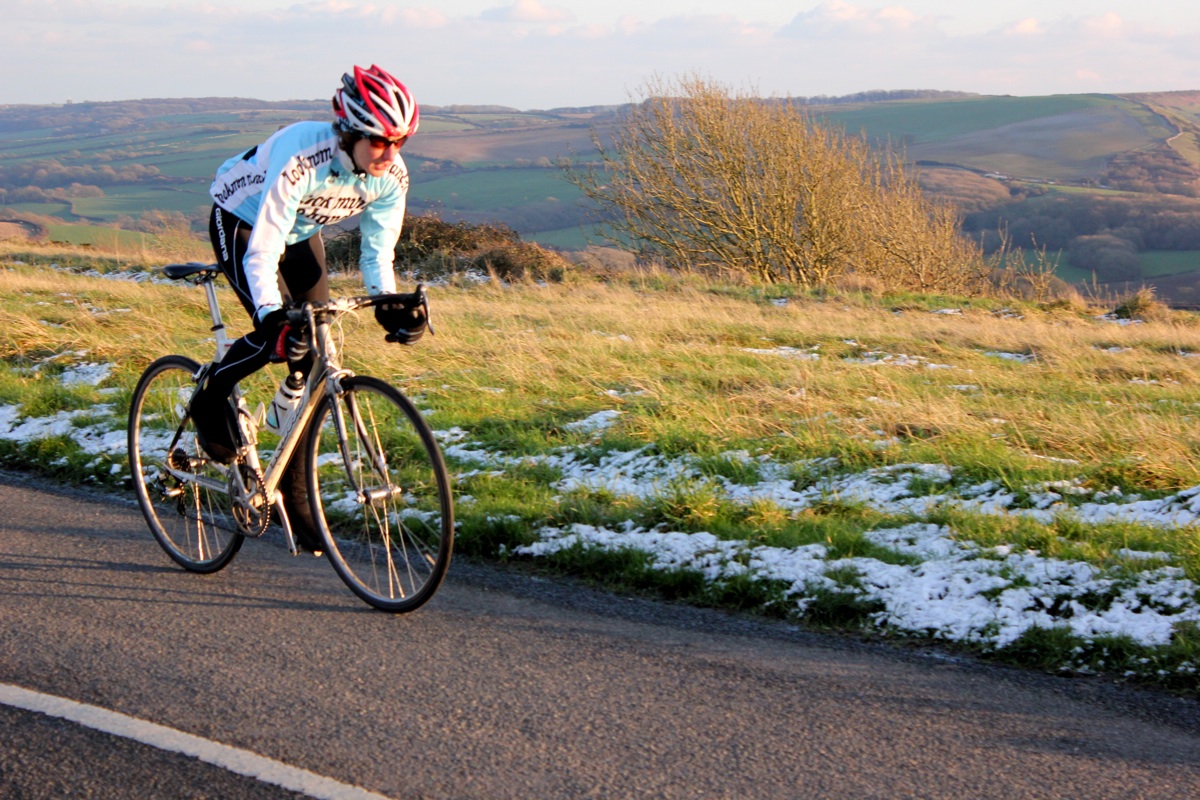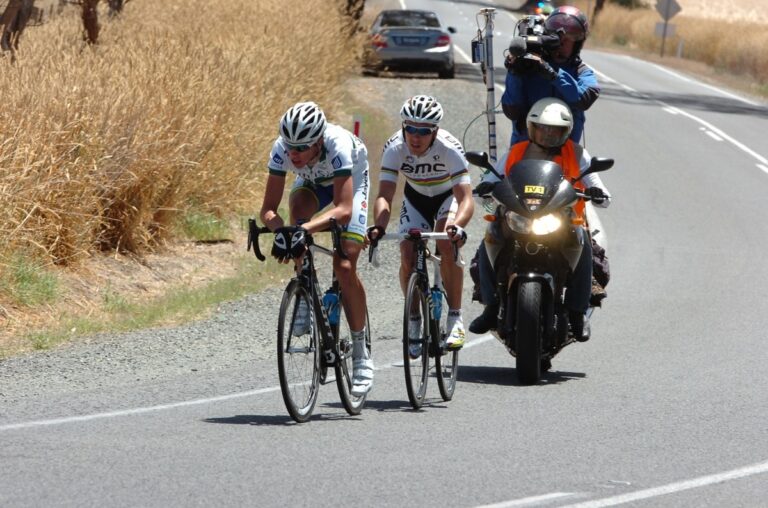As we crawl out of the belly of the Christmas/New Year slump, we can at last turn our attention to goal events in the spring and summer.
Hopefully, you have been working on your hard-earned base fitness over the past few months, but it can be easy to overlook the equally valuable benefits gained from focussing on improving aspects of your bike handling and ‘race’ skills.
In this series of technique features, I will give you some practical ways to take your sportive performance times from bronze to gold in 2013, using race skills and group awareness to save time and energy, which ultimately should allow you to cover the distance faster.

Such gains can be greater than marginal, making you an altogether more accomplished rider, and giving you the satisfaction of riding more like a pro. A smarter rider can beat a fitter rider, and what better way to overhaul your mates than by being more savvy in the saddle?
Consider for a moment the times last year when you were suffering; the times when you were unable to hang onto a wheel over the brow of a hill, when you were left out on your own in a head wind, or left behind at a junction because you couldn’t get away fast enough. Think about the times when you know you wasted too much energy at the start, only to fade towards the finish. Each of these scenarios will have a strong skill component, and one that can easily be improved, whether it is improving your acceleration or cornering, or knowing when to put in your efforts and when it is more sensible to let a group go.
Group riding/drafting
UK sportives typically release riders in small groups, but larger groups naturally gather on the road, and if you have a big European sportive in your diary for this season, you need to be prepared to take advantage of a large sweeping peloton moving at speed. Knowing how to use a group to your maximum advantage can help you eat up some of the ground, especially on flat or rolling sections. A group is a three-dimensional animal, and not just about a linear exercise in following wheels. Feeling relaxed and comfortable and being able to position yourself where you want to be is essential, if you want to make the transition from solo rider to sportive challenger.
Cornering
Cornering by yourself on roads with which you are familiar is one thing, but filtering into a narrow twisting lane or cornering on a mountain descent can be a completely different experience.

Knowing how and when to use your brakes and bodyweight in different conditions can help you navigate technical sections safely and efficiently, and consciously practising the likely conditions of your chosen sportive can make you more ‘race day’ ready.
Descending
Descending demands in the UK and abroad can be quite different, but either way you need to be comfortable going downhill fast and adjusting your speed as appropriate for the road and conditions. Cornering at speed on a descent can be a particular challenge and is well worth preparing for when you get a chance if you don’t want to get left behind on the big day.
Climbing – seated and standing
There are, of course, fitness demands to climbing, but there are also demands on strength and skill too. Maintaining good seated form and controlling your core is a skill, and knowing when to transfer from sitting in the saddle to a standing climb to spend or conserve your energy is essential for any hilly sportive. Gear selection, climbing technique, and cycling specific strength are all elements you can begin to work on as we approach spring.
Accelerations/sprints
Though you may not be racing, there are times in any sportive where it will be worth your while to accelerate away from a stop or sprint over the top of a climb.

Typically, these are moments when it is worth the extra energy expenditure in the moment to stay with a group that will guarantee you some energy saving time on the flat. Knowing when you should give it some gas, and when you are over-reaching too soon is as much a part of this element as the effort itself.
Pacing and putting it all together
Like any aspect of our sport, getting good at sportive riding takes some practice and is all about putting everything together on the day to give you the perfect ride. Evaluating what you most need to work on now, and putting in some conscious skills practice alongside your fitness work will help you use your early season events wisely moving you towards optimal performance as the season progresses.


